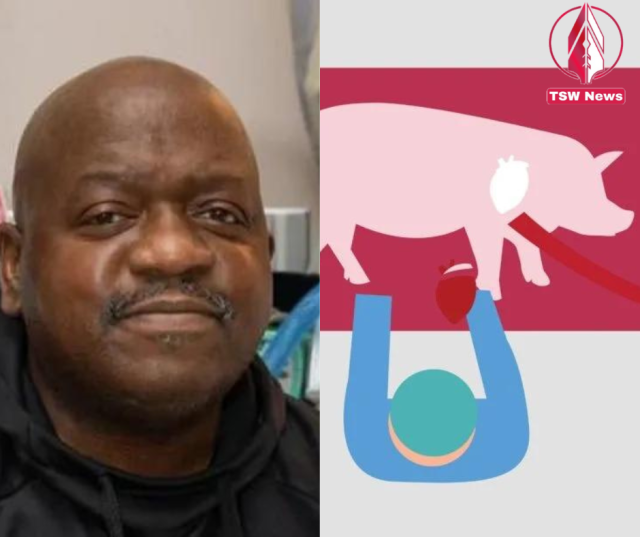A Man Who Had the First Pig Kidney Transplant in History Dies
- Posted on May 13, 2024
- News
- By Arijit Dutta
- 206 Views
Richard "Rick" Slayman, the first person to receive a genetically modified pig kidney transplant, died two months after the groundbreaking procedure at Massachusetts General Hospital.

In a sad instance for the science of xenotransplantation, the 62-year-old man who wrote history as the first person to receive a genetically modified pig kidney has passed away, just two months after the record-breaking operation.
Richard "Rick" Slayman, the patient who was a resident of Massachusetts, had the kidney transplant done at Massachusetts General Hospital in March after he had been diagnosed with end-stage kidney disease, type 2 diabetes, and hypertension. The news of his death on May 12th was made public by MGH on Sunday, but the hospital stated that there was no evidence that the xenotransplant was the cause of his death.
MGH's statement read, "We are profoundly shocked by his unexpected death," calling Slayman, a "guiding light" for transplant patients all over the world and commending his willingness to experiment with the new procedure.
His family also shared the same thought saying that one of the main reasons for his transplant was to "give hope to the thousands of people who need transplants to survive". "They called him a "kind-hearted" man who was devoted to his family.
The first transplantation of the genetically modified pig kidney had been initially successful since it allowed Slayman to stop dialysis treatments, and the organ appeared to be functioning well. However, the transfer of cells, tissues, or organs from one species to another (xenotransplantation) has been met with many obstacles, with past attempts of transplanting modified pig organs into humans resulting in rejection or death of patients within weeks.
Also Read: Second-Ever Successful Transplant of Pig Heart into Human Recipient Makes Medical History
Though a tragic end for Slayman, his pioneering transplant may still provide valuable information to the medical field that is searching for new sources of human organs to alleviate the shortage of such organs for those with organ failure. MGH had defined the procedure as "a historic milestone" and noted that it had not stopped on the knowledge gathered.




